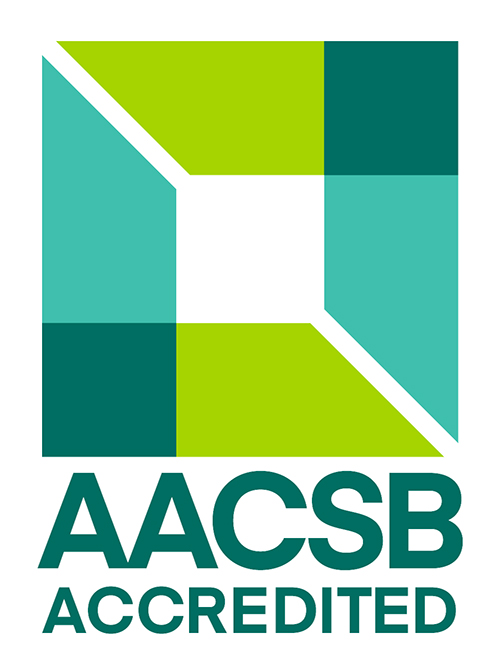Bridge to the Workplace
Understanding the rules of etiquette in a professional environment can keep you from making costly mistakes. A recruiter not only wants to know you are ready for the interview but that the firm can be confident that you will represent them well when meeting, dining, or corresponding with their clients. The resources below will help you understand professional expectations.
Professional Etiquette
- Dining Guidelines
- Dress for Success
- Recruiting
Professional Communication
When you are using email in a job search, it's important that all your communications are as professional as they would be if you were writing an old-fashioned paper letter. Here's information on what to include in your job search emails, how to format your email, and how to make sure your email message is read.
Email Tips RecommendationsCover Letter
A cover letter, while not required by all prospective employers, can be a good way to highlight items from your resume and develop a more personal connection with the reader. Denise Stewardson, a USU lecturer in Applied Sciences, Technology and Education, provides these tips for writing a good cover letter.
Cover Letter RecommendationsResume
If you are seeking a job in public accounting, you should be aware of the following expectations for the resume you will submit.
Resume RecommendationsConversation Tips
The art of starting, sustaining and stopping a conversation takes study and practice. See what the experts say.
Conversation TipsThank You Notes and Follow-ups
It is never a bad idea to send a brief thank-you after an interview or office visit. Refrain from asking for feedback or hiring decisions, unless specifically invited to do so, until after a negative result has been communicated or a considerable amount of time has passed beyond what the interviewer told you to expect. See the link above for recruiter advice about following up when more than one job opportunity is being explored at the same time.



